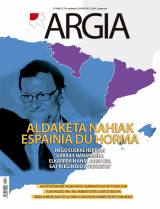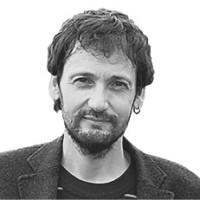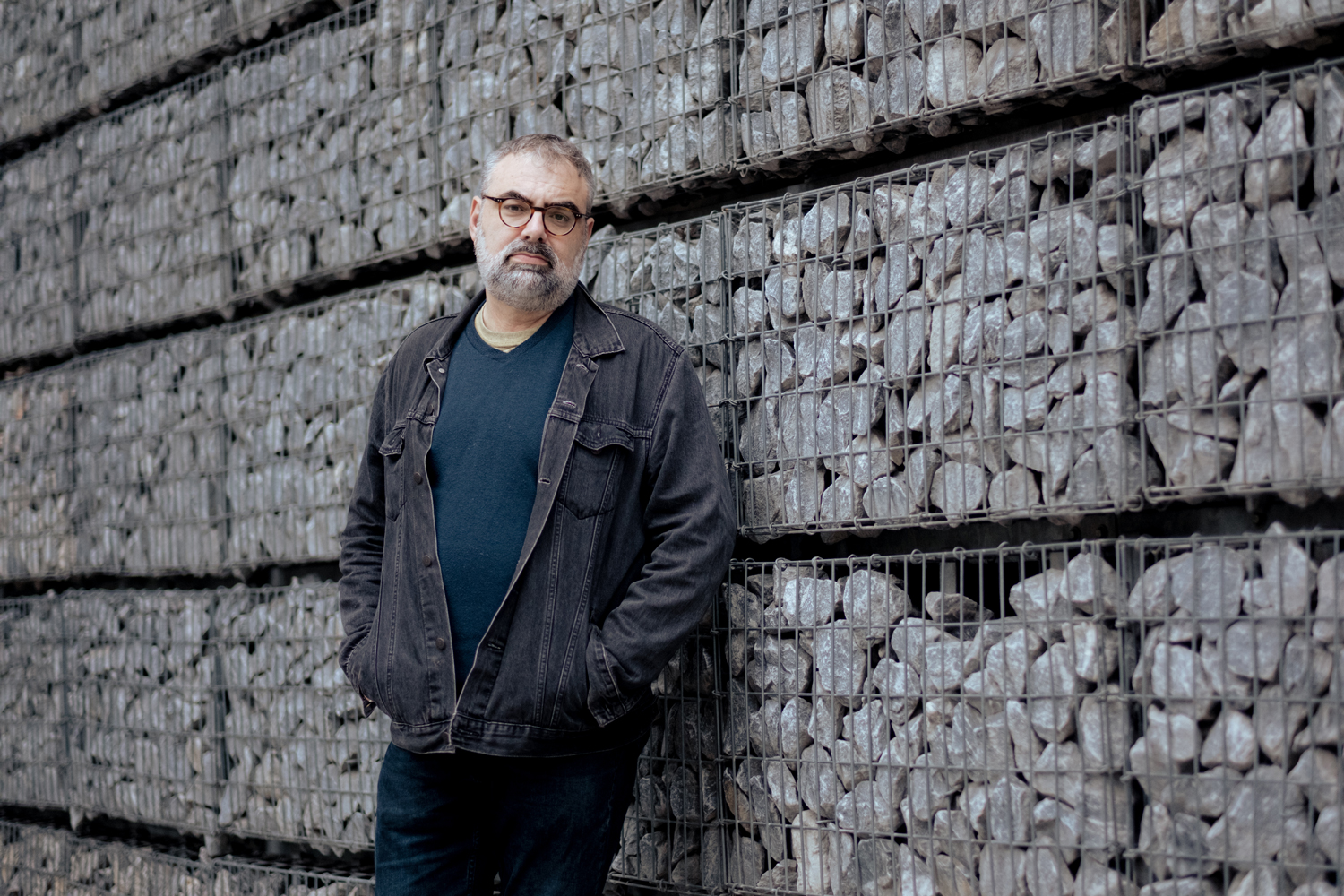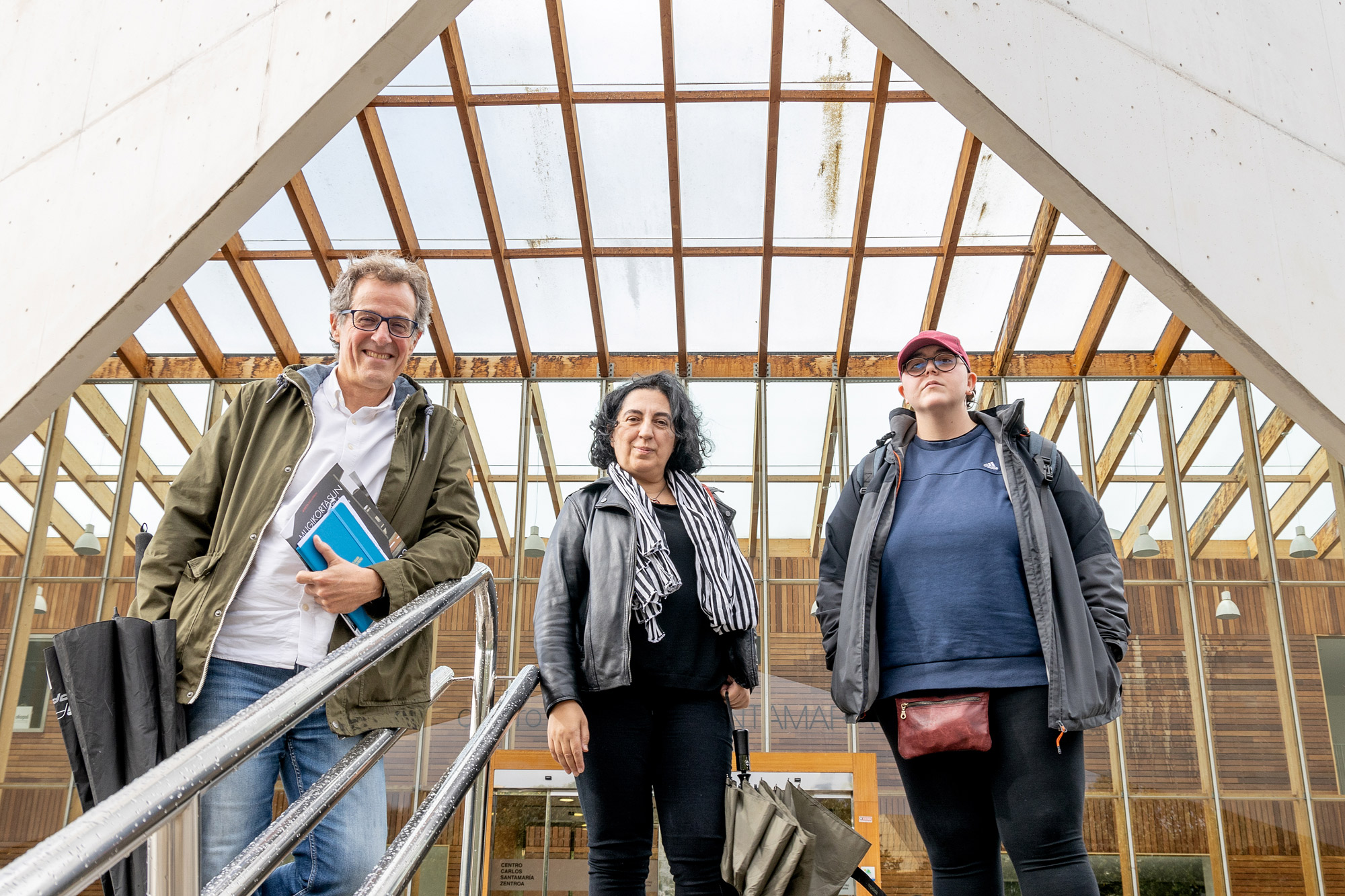"Everyday life has become secondary"
- Esquirol is a specialist in contemporary philosophy at the University of Barcelona. He has published several publications on the subject; but the latter has done so, at least in the eyes of a wider audience, known: Intimate resistance. A reflection on human nature proposes an experience of closeness, which has a close relationship with daily life.
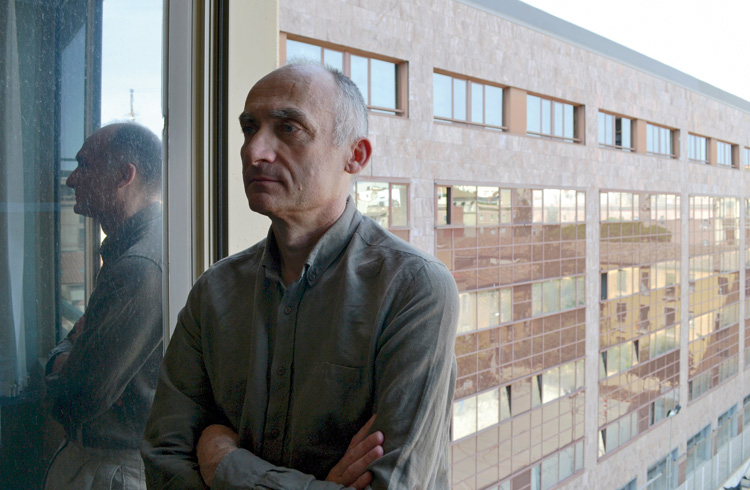
The title refers to resistance. What a saint?
Dispersant, erosive, leading to perdition. Factors related to the human condition are, on the one hand, helplessness, the red atmosphere. It is, therefore, an understandable natural gesture, to protect ourselves, to create spaces that face this dispersion. And then there are social factors. It is appropriate to maintain an attitude of resistance. To these social factors, I give my name: the present.
Today's primacy.
What it has to do with technification, but it's not just technification, it's not a problem in itself. The present situation is very changing, we have to be constantly vigilant. It sucks everything, but it also erodes everything, because it's very fugitive: it doesn't stabilize anything, it leaves no room for the experience. Today is one of the erosive factors, by absorption or by things, and it affects us rather than us.
It sees it as the most effective form of alienation of all time.
The most effective authorities are those that are produced without anyone realizing it. A command can be signposted when it's visible, of course it can be dominator, but it can look for a strategy so it doesn't get you completely caught. On the contrary, the most subtle authorities sometimes take full care of you, and you barely realize it. In this sense, there is a kind of command of the present day, with enormous tyrannical effectiveness.
What is the attitude of resistance?
It requires being alert, awake, not letting the dispersion invade you. This attitude is not contrary to the projection, to the elaboration of a project. These are two movements that feed each other: to make decisions, to be adventures you have to know how to concentrate, to protect yourself, to return to the heat. Going outside is to exist, but you can go outside because there's a possibility to protect it. Resistance is therefore the condition of existence.
The word “intimo” also appears in the title. But not the interior, but the close.
Interior and exterior, this dichotomy is a restriction. On the contrary, “intimo” goes further and means close, close, familiar. It represents an attitude of proximity: the intimate spaces, the spheres of familiarity, are the ones you have assimilated; not from the point of view of property, but of identification. The landscape you see from the window of your room, the closest people, with or without blood link, etc.
The house, for example. Bachelard said: “We need a small house inside the big house.”
What makes the house home? It's a welcoming, welcoming place, where you gather, you remake, you animate. It allows the recovery of trust. We need to come together to regain strength. Not the walls, but the human warmth in them, is what gives you the house. The house is the others and you, that articulation that is made among all.
Everyday life, I don't know if contemporary philosophy underscores it enough.
Contemporary philosophy has not placed much emphasis on everyday life, on simpler life. There's a line of thought that has been romanticism, existentialism, that says that the important thing is to make decisions, to project yourself. And everyday life has become something secondary, more gray, more homogeneous, more impersonal. I disagree: many aspects of everyday life, habitual gestures, can be very profound.
Everything that is simple, from where you look at it, that can be the highest.
There are things in everyday life that have to do with the repetition of gestures, greetings, cooking, putting on the table, if you look at them well, they're very important. Although they often appear to be automatisms, they scratch you and show you the depths of our being. Looking carefully at everyday life, you discover these things that happen every day without realizing it.
And what concrete response to the erosive factors?
Memory and imagination. Memory is a response to the weariness of the passage of time: everything happens, but I will try to remember something. It is, therefore, a memory house. And we create figures that protect us with imagination; for example, the poetic image consumes us, protects us from the difficulties of life.
Maybe they're not in their best shape.
Today everything is exchange of information, cold, functional, technical language. And the realm of the image, which we relate to advertising, that invasion of images. They are in the opposite of poetic creation, of course, they have no function of permanence. But if you're looking for something that protects you, you want it to last for you, that supports you to prevent the spread of a coat, a house, a few words.
Nihilismoa: “Mendebaldeko zibilizazioari eragiten dion krisi bat bizi dugu, batzuek erabiltzen dute nihilismo hitza. Bada, gertutasunaren filosofia honek erantzun egin nahi dio nihilismoari. Aurre egin nahi dio mugatutasunera gerturatuz. Etengabeko itzuleraren ordez, etxera itzultzearekin. Botere nahiaren ordez, izan dadila erresistentzia; supergizonaren ordez, gertutasuna; baieztapenaren ordez, arazotzea; etorkizunaren ordez, memoria”.
Entrepreneurship is fashionable. The concept has gained strength and has spread far beyond economic vocabulary. Just do it: do it no more. But let us not forget: the slogan comes from the propaganda world. Is the disguise of the word being active buyers? Today's entrepreneurs are... [+]
Isn't it a sign of pride to look at the people in front of me as if they weren't people? Yes, of course yes. But how can we expect others to understand? Understand, observe, look. Does wanting to understand others not require this proud attitude? Knowing what it is to be a person,... [+]
Are we running out of shame? This is the diagnosis of several authors today. Is there no longer a look that can embarrass us? Another thing that Jean-Paul Sartre described in 1943 around shame is that on the other side of the lock, with the eye stuck in the key slot, a person is... [+]
Predicting the end of anything has become fashionable. The end of the human being, ideologies, community, authority, philosophy, or democracy. Are they labels full of sensationalism?
Maybe it was Francis Fukuyama who started that final fashion. After the collapse of the Berlin... [+]
The most promising futures are more concerned about the future than the long-term ones. It's the CCCLXIX law of life. It seems like a mouthpiece, but the laws of life I don't write them, but life itself.
That law, like all authentic laws, has exceptions, but what exceptions are,... [+]
Today there are many apps to buy friends: The best known are AlquiFriend and Ameego, which seem to work very well, especially in the big cities of the United States. They have about 600,000 users. Pay 120 dollars to someone and for a couple of hours you go to the restaurant... [+]
The body issue has gained weight in current speeches, it appears to us in many ways. However, these are relatively recent debates in which the body has been quite marginalized in the history of Western thought compared to other times.
To me the truth is that they help me apply... [+]









